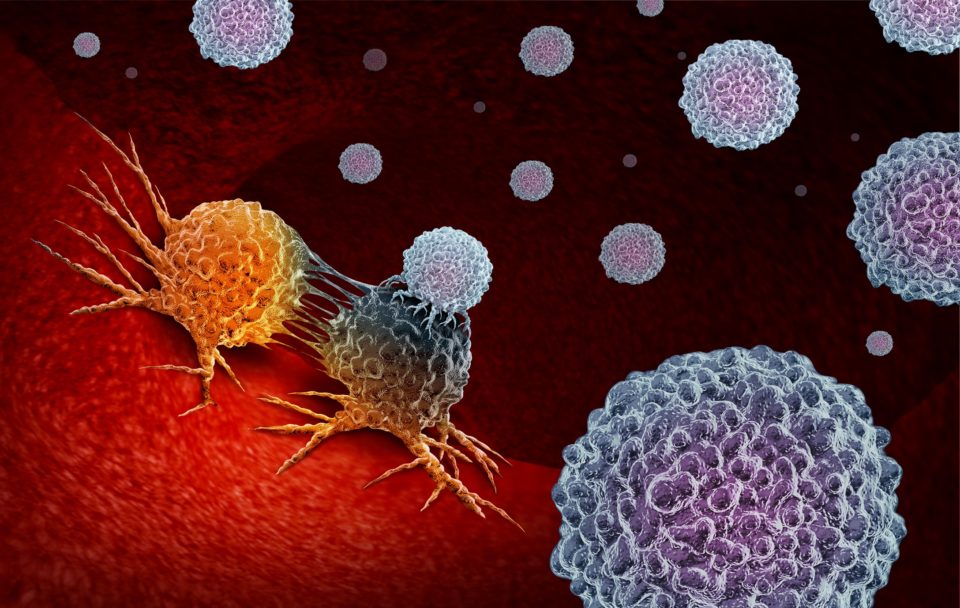
A new study observed no correlation between anti-tumor necrosis factor-α (Anti-TNFα) therapy and recurrent or new cancer in patients with inflammatory bowel disease (IBD), rheumatoid arthritis (RA), or psoriasis (PsO) and previous cancer.
“Safety of anti-tumour necrosis factor-α (TNFα) therapy in people with a history of cancer and with an immune-mediated disease is unknown. We aimed to assess the risk of recurrence of initial cancer or development of a new primary cancer after treatment with anti-TNFα therapy,” explained the study authors, whose research was published in The Lancet Gastroenterology & Hepatology.
The population-based cohort study included Danish adults (aged 18 years or older) with IBD, RA, or PsO who received a primary cancer diagnosis between Jan. 1, 1999, and Dec. 31, 2016; data were collected from the Danish National Patient Registry and Danish Cancer Registry. Patients in two groups were stratified 1:10 based on whether they did (treatment group) or did not (control group) receive anti-TNFα therapy. Patients were excluded if they were diagnosed with cancer before their initial anti-TNFα treatment (controls were excluded if they were diagnosed prior to the matching date); if they were diagnosed with IBD, RA, or PsO after initiating anti-TNFα therapy (controls were excluded if they were diagnosed after the match date); and if they received anti-TNFα and had fewer than five matched controls.
The study authors identified 25,738 patients with one of the rheumatic diseases and a history of cancer, of whom 434 patients received anti-TNFα therapy after their initial cancer and were matched to 4,328 controls. During 18,752 person-years of follow-up, 635 patients sustained new or recurrent primary cancer: 72 treatment patients and 563 controls. The median time from anti-TNFα therapy to cancer diagnosis was 2.8 years. Cancer incidence was 30.3 cases per 1,000 person-years in the treatment group and 34.4 cases per 1,000 person-years in the control group (adjusted hazard ratio=0.82; 95% CI, 0.61-1.11).
“Use of anti-TNFα therapy was not associated with recurrent or new primary cancer development in patients with previous cancer,” concluded the researchers. “Timing of anti-TNFα therapy after an initial cancer diagnosis did not influence recurrent or new primary cancer development. This observation might guide clinical decision making among providers treating immune-mediated diseases with anti-TNFα medications.”







 © 2025 Mashup Media, LLC, a Formedics Property. All Rights Reserved.
© 2025 Mashup Media, LLC, a Formedics Property. All Rights Reserved.